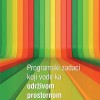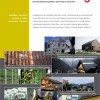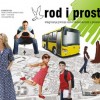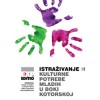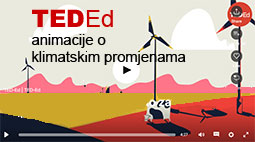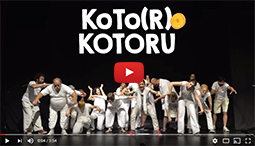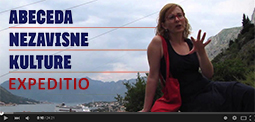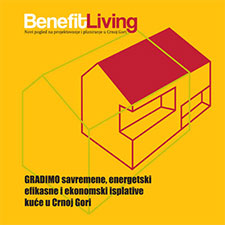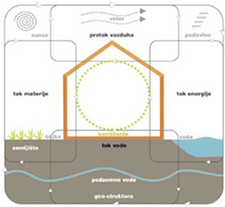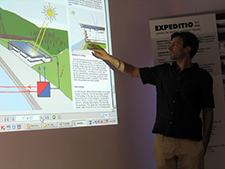 Expeditio has sent an appeal to non-governmental organizations in Montenegro to support an initiative launched by the civil society stakeholders from the territory of Kotor. In this initiative, addressed to the Local government of Kotor, the civil society stakeholders request that the Local government make the Municipal Hall (in Bizanti Palace) available to them again for organizing round tables, workshops, lectures, presentations and other activities in public interest, or, if this option is not possible, to provide another adequate space that they can use free of charge for the said activities.
Expeditio has sent an appeal to non-governmental organizations in Montenegro to support an initiative launched by the civil society stakeholders from the territory of Kotor. In this initiative, addressed to the Local government of Kotor, the civil society stakeholders request that the Local government make the Municipal Hall (in Bizanti Palace) available to them again for organizing round tables, workshops, lectures, presentations and other activities in public interest, or, if this option is not possible, to provide another adequate space that they can use free of charge for the said activities.
The full text of the initiative is given below.


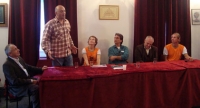
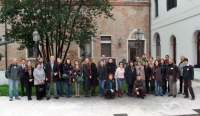
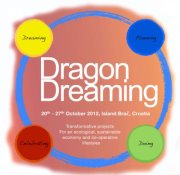 From 21 to 28 October 2012 a workshop on “Dragon Dreaming” was held on the island of Brač. Dragon Dreaming is a holistic method for the implementation of creative, collaborative, sustainable projects.
From 21 to 28 October 2012 a workshop on “Dragon Dreaming” was held on the island of Brač. Dragon Dreaming is a holistic method for the implementation of creative, collaborative, sustainable projects.
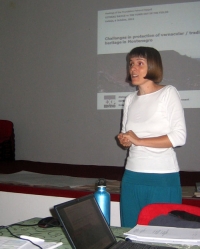
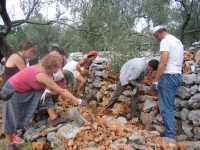
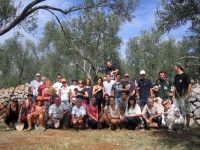
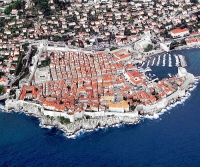
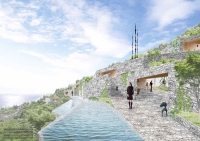
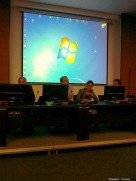
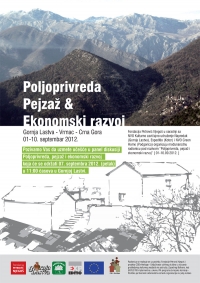

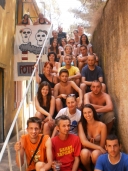



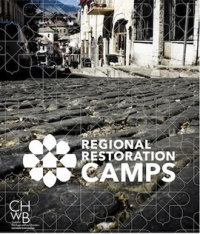

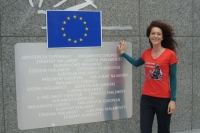
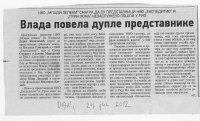
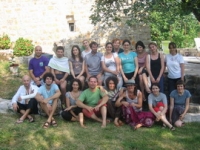


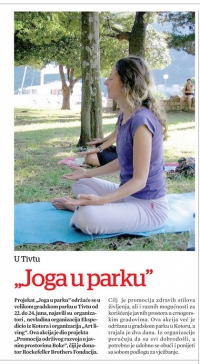
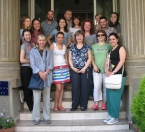

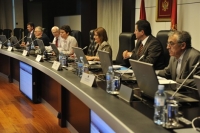





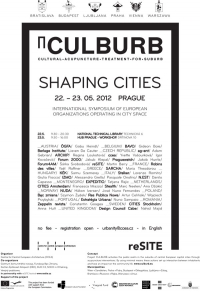
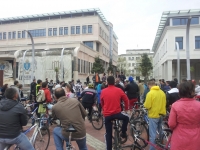

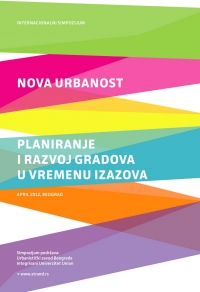
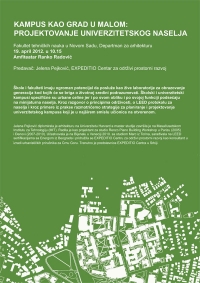
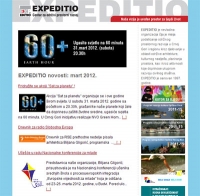
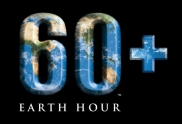


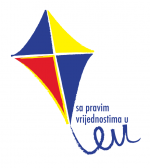
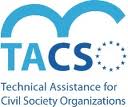 EXPEDITIO representative participated in the training “Managing EU-funded Projects”, which was held in Bečići, on 09-11 March and 16-18 March 2012.
EXPEDITIO representative participated in the training “Managing EU-funded Projects”, which was held in Bečići, on 09-11 March and 16-18 March 2012. EXPEDITIO is a non-governmental organization whose mission is to encourage sustainable spatial development in Montenegro and SEE region through activity in the fields of sustainable architecture, cultural heritage, urban planning and through projects that encourage overall development of the civil society. Expeditio was established in 1997.
EXPEDITIO is a non-governmental organization whose mission is to encourage sustainable spatial development in Montenegro and SEE region through activity in the fields of sustainable architecture, cultural heritage, urban planning and through projects that encourage overall development of the civil society. Expeditio was established in 1997.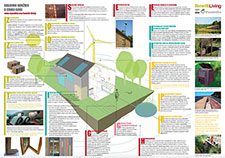
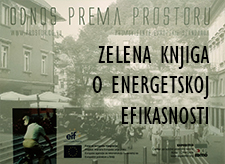

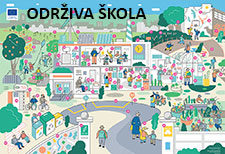

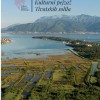
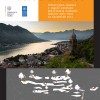

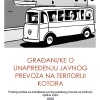
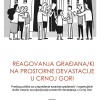
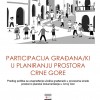
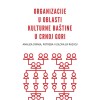
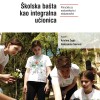

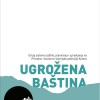
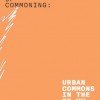
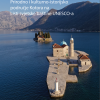
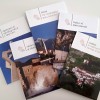
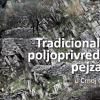
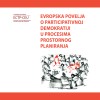
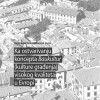

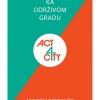
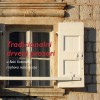
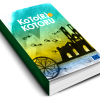
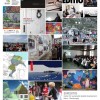
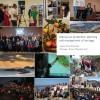



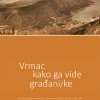

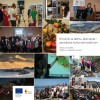

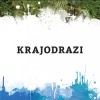
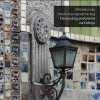




![Guidelines for the Revival of Public Spaces [Good practice selection] Guidelines for the Revival of Public Spaces [Good practice selection]](/images/resized/images/stories/expeditio/publikacije/Publikacija-Javni-prostori-naslovna_100_100.jpg)

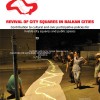
![Catalogue of Public Spaces in Boka Kotorska [selected sites] Catalogue of Public Spaces in Boka Kotorska [selected sites]](/images/resized/images/stories/expeditio/novosti_exp/javni-prostori-knjiga_100_100.jpg)


